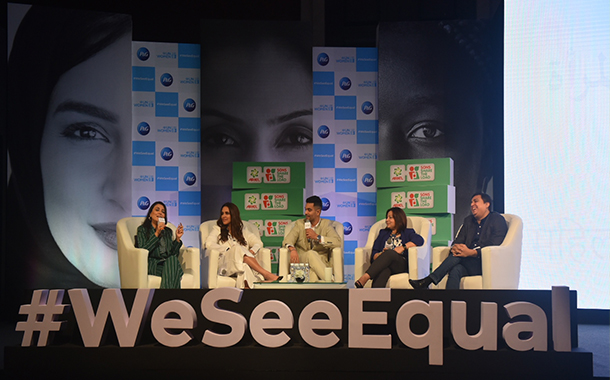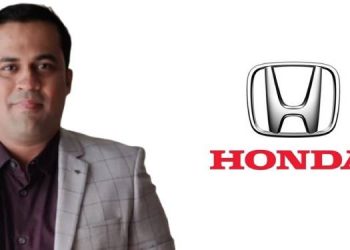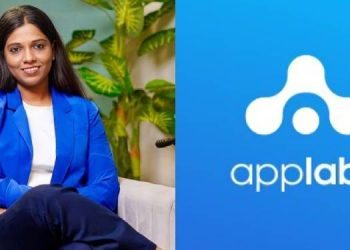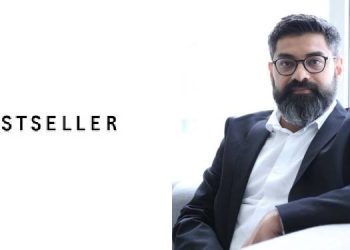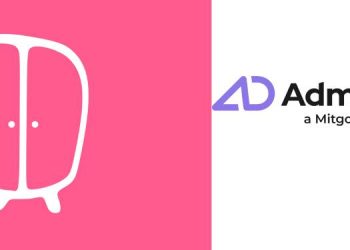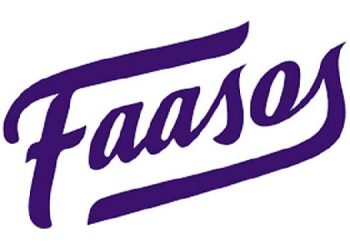Mumbai : Procter & Gamble (P&G) announced a new commitment around a number of initiatives that will promote gender equality across the Indian Subcontinent, Middle East and Africa (IMEA) region. The declaration, which was made by P&G’s IMEA and APAC President, Magesvaran Suranjan during the company’s inaugural #WeSeeEqual Summit in partnership with UN Women in Mumbai on February 18, 2019, is part of the company’s citizenship focus on being a Force for Good and Force for Growth.
“Gender equality is a core belief at P&G. Creating a world free of bias with equal representation and equal voice for everyone is both the right thing to do and the right business choice,” explained Magesvaran Suranjan. “We also want to spark conversations and change mindsets as champions for the cause of gender equality across the region. We will leverage the full strengths of our business and operations, and our advertising voice to tackle gender bias and encourage women’s economic empowerment.”
Over the next 3 years: P&G aims to spend $100 million on deliberately working with Women-Owned Businesses in IMEA with a $30 million commitment to India
P&G will educate more than $23 million adolescent girls on puberty and hygiene across IMEA. In India, P&G has been working with young girls in various groups across the country to understand the needs in the areas of Health & Hygiene, Personality Development etc. The company’s flagship Mother Daughter Menstrual Hygiene Program has been successfully running across the country since 1995. Today, P&G runs this program with the active support of 20,000 schools to educate about 4.5 Million adolescent girls annually and educates them on the importance of menstrual hygiene
P&G and its brands will use the company’s voice in forums such as the #WeSeeEqual Summit, brand advertising like Ariel, Whisper, Always & Gillette and multi-stakeholder efforts to spark conversation and motivate change. Notable campaigns from India that have sparked social change include Ariel ‘Share the Load’, Vicks ‘Touch of Care’, Whisper ‘Touch The Pickle’, to name a few.
Co-hosted with UN Women, P&G’s first IMEA #WeSeeEqual Summit brought together business and government leaders, and influencers to share inspiration and surface insights around the myths that prevent us from accelerating our progress for gender equality.
Dr. Phumzile Mlambo-Ngcuka, Under-Secretary-General of the United Nations and Executive Director of UN Women, said, “To get irreversible progress in gender equality takes sustained, intentional action. We need to work together on this wherever those inequalities are present – in schools and offices; in the media; in sports arenas, farms, factories and houses of parliament. We’re driving for practical changes, like supply chain agreements that bring good business to women-owned companies, at the same time as we change the narratives about the place and power of girls and women in society – so they are both seen and treated as equals.”
Guest Speakers included:
India’s Mary Kom, Olympian and six-time World Boxing Champion
South Africa’s television star, business woman and philanthropist Bonang Matheba,
Egypt’s actress and philanthropist Amina Khalil,
Award Winning Indian Actress Richa Chadha,
Actress & TaV Personality India’s Neha Dhupia
Indian Actor & Model Angad Bedi
P&G has been steadily working to improve gender equality by leveraging its unique strengths. Some of P&G’s achievements globally and in the region, include:
Leveraging its voice in advertising and media to tackle gender bias, spark conversations and motivate change. This includes Always ‘Like A Girl’, Ariel ‘Share The Load’, Always ‘Saudi Generation of Firsts’, and Whisper ‘Touch the Pickle’ advertising campaigns
Focusing on removing barriers to education for girls and economic opportunities for women through the company’s social impact programs and advocacy efforts in partnership with organizations such as UN Women, WeConnect International, CARE, Sesame Workshop and Galli Galli Sim Sim. Examples of current P&G programs include:
Puberty education campaigns such as Always Keeping Girls in School in South Africa, Kenya & Nigeria and P&G Shiksha in India
Deliberate intention to hire Women-Owned Businesses in South Africa, UAE, Egypt, India & Nigeria are long standing examples of this focus.
Internally, P&G is working to create an inclusive, gender-equal environment with 50-50 representation of men and women at all levels and all parts of the company. P&G hires 50% women into management across the world, and an increasing proportion of women gets promoted into leadership roles into their next assignments at the same progression as men. This is consistent with P&G’s history in IMEA. P&G India hires 50% women into entry level management roles and lays special emphasis on their progression to next assignments. In a first for FMCG industry in India, P&G’s Hyderabad plant was one of the first plants to have 30% women across the workforce. What is unique is that these women employees operate across all shifts and operate manufacturing equipment and are not limited to peripheral tasks. In an unprecedented move, the company collaborated with the government and got legal approval to allow women to work across shifts.

